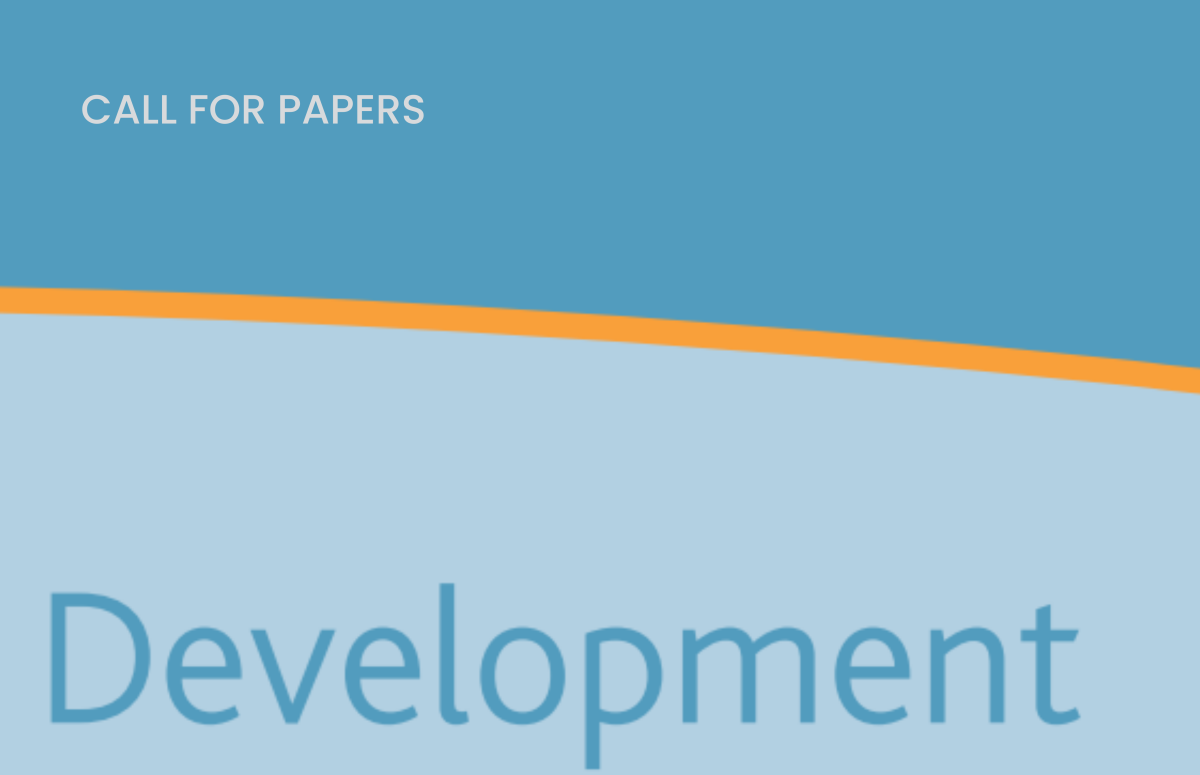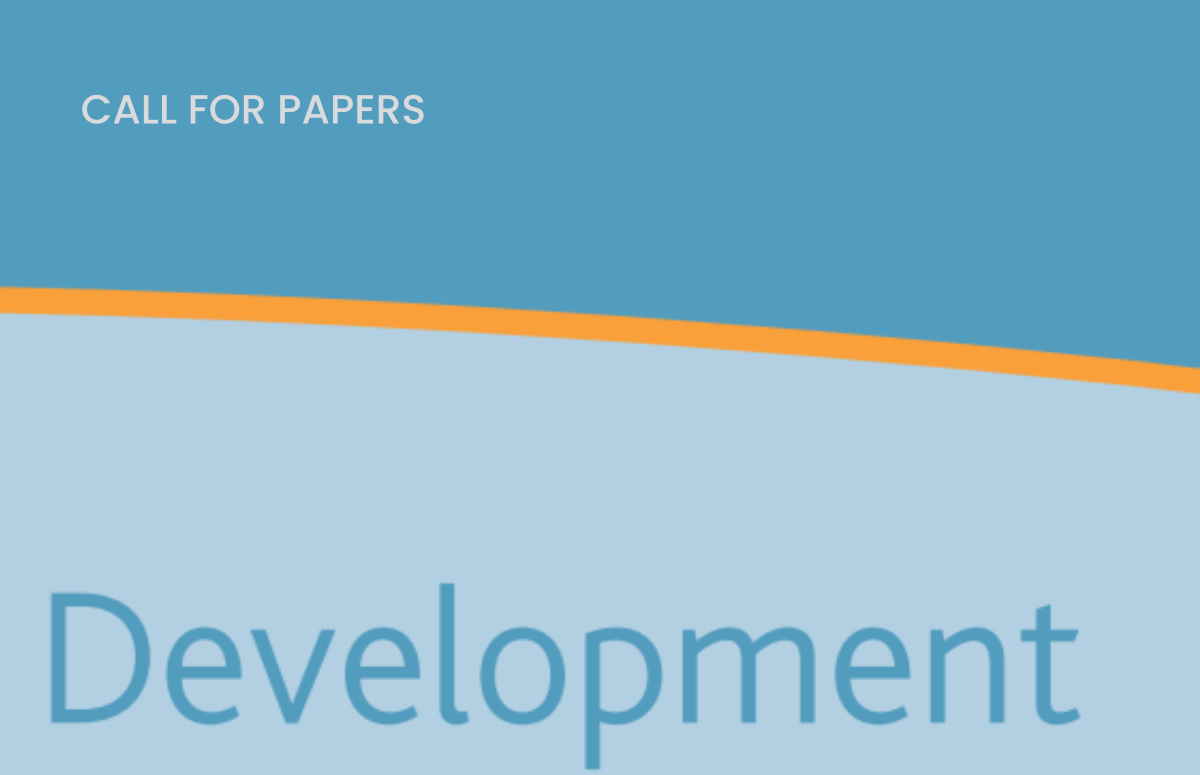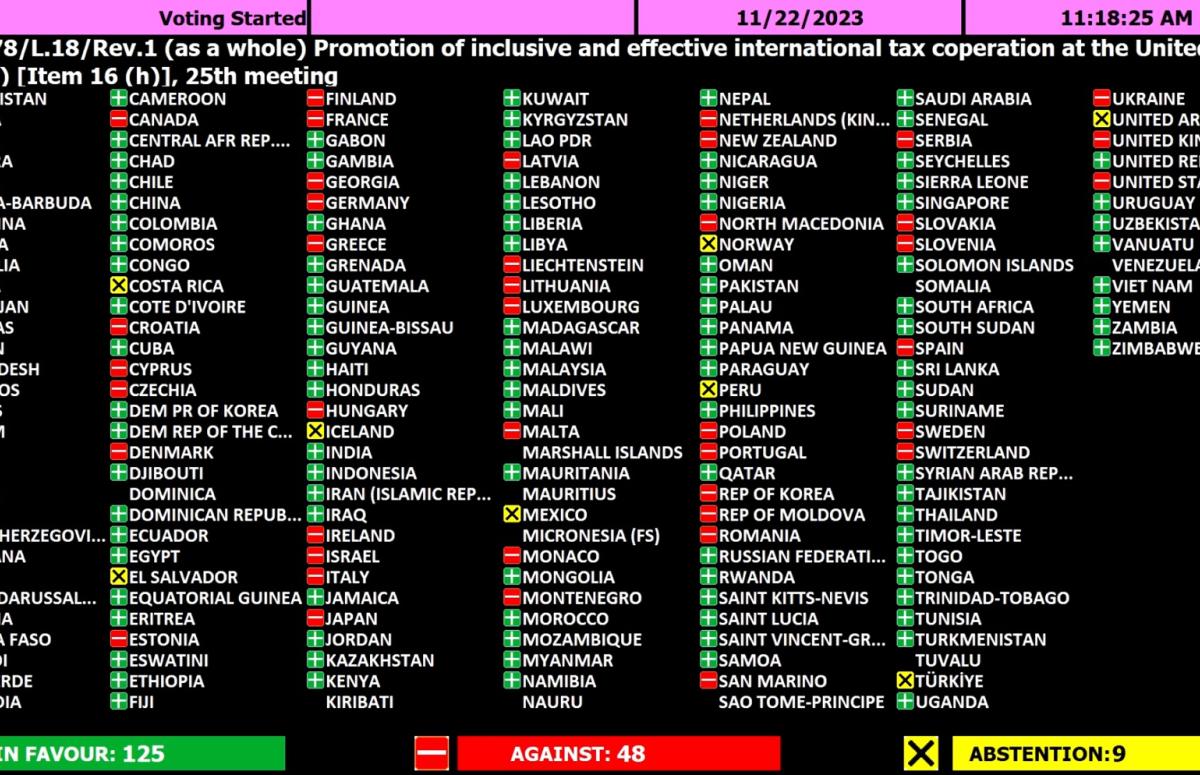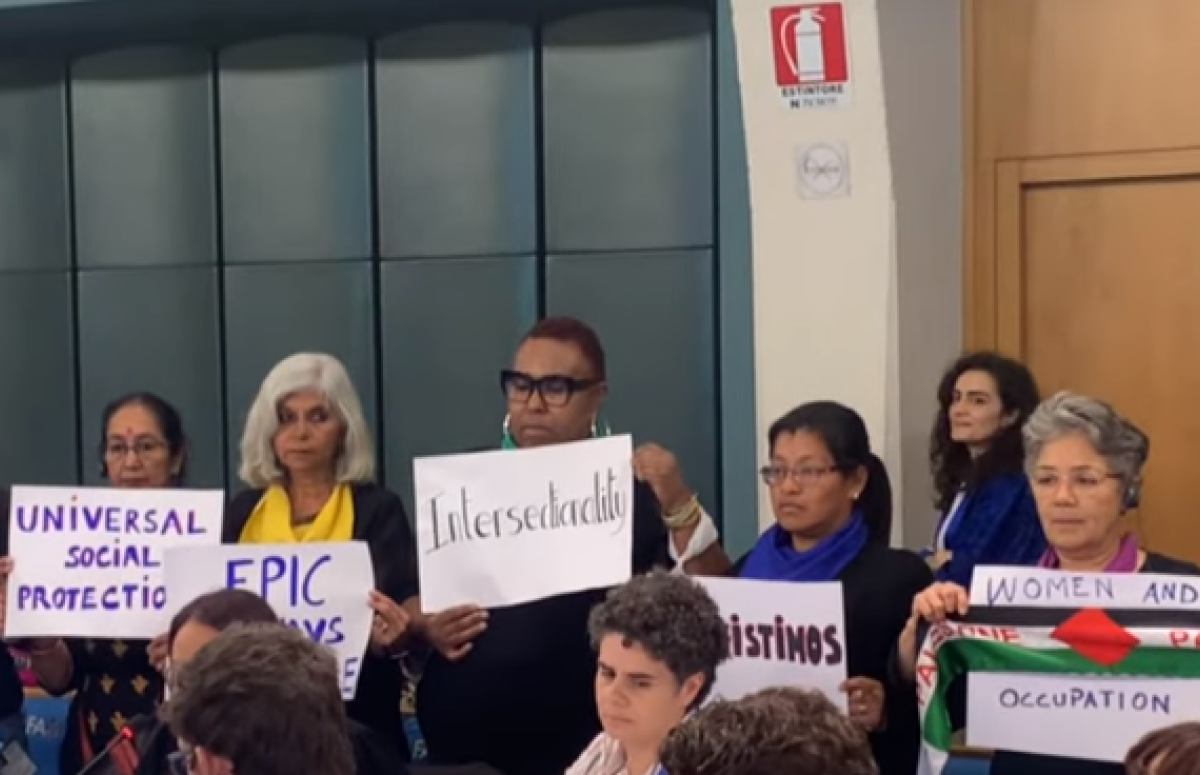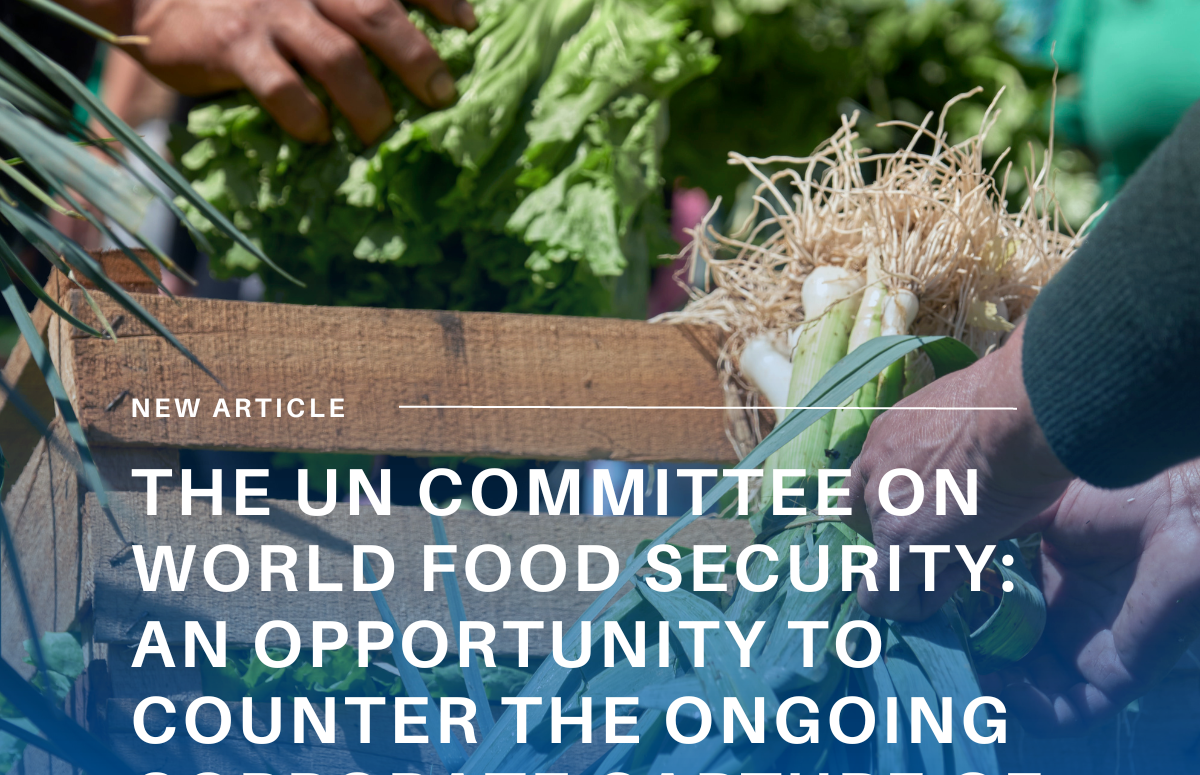News
The Society for International Development (SID), in partnership with the Heinrich Boll Foundation, we are seeking to commission insightful, well-researched think pieces that delve into the multifaceted challenges and opportunities within Tanzania’s energy system to contribute to the curation of the Sustainable Energy Futures for Tanzania Report.
The Development Journal (edited by the Society for International Development and published by Palgrave Macmillan) is pleased to announce a call for papers for a special issue on “Tackling Debt Traps: Rethinking International Debt Architecture & Debt Sustainability Assessments."
The Development Journal (edited by the Society for International Development and published by Palgrave Macmillan) is pleased to announce a call for papers for a special issue on "Data Power: The Potential and Drawbacks of Digitalization, Datafication, Platformization, and Algorithmic Decision-Making for the Global South."
As part of the Civil Society Financing for Development (FfD) Mechanism, SID joins members of the Global Alliance for Tax Justice (GATJ) in celebrating the historic outcome of today’s vote and acknowledge the leadership role of the African Group in promoting the reform process of the global tax system in the United Nations on equal footing.
Statement delivered by Paola Romero (FIAN Colombia) and Paula Gioia (La Via Campesina) on behalf of the CSIPM Women and Gender Diversities Working Group on 24 October 2023, during the endorsement of the CFS Voluntary Guidelines on Gender Equality and Women’s and Girls’ Empowerment in the Context of Food Security and Nutrition by the CFS Plenary.
Magdalena Ackermann speaks about how the UN Committee on World Food Security (CFS) is a good example within the United Nations (UN) of how to continue urging for human rights-based and multilateral decision making in global food governance, especially now when 134 million more people, compared to 2019, cannot access a healthy diet.


